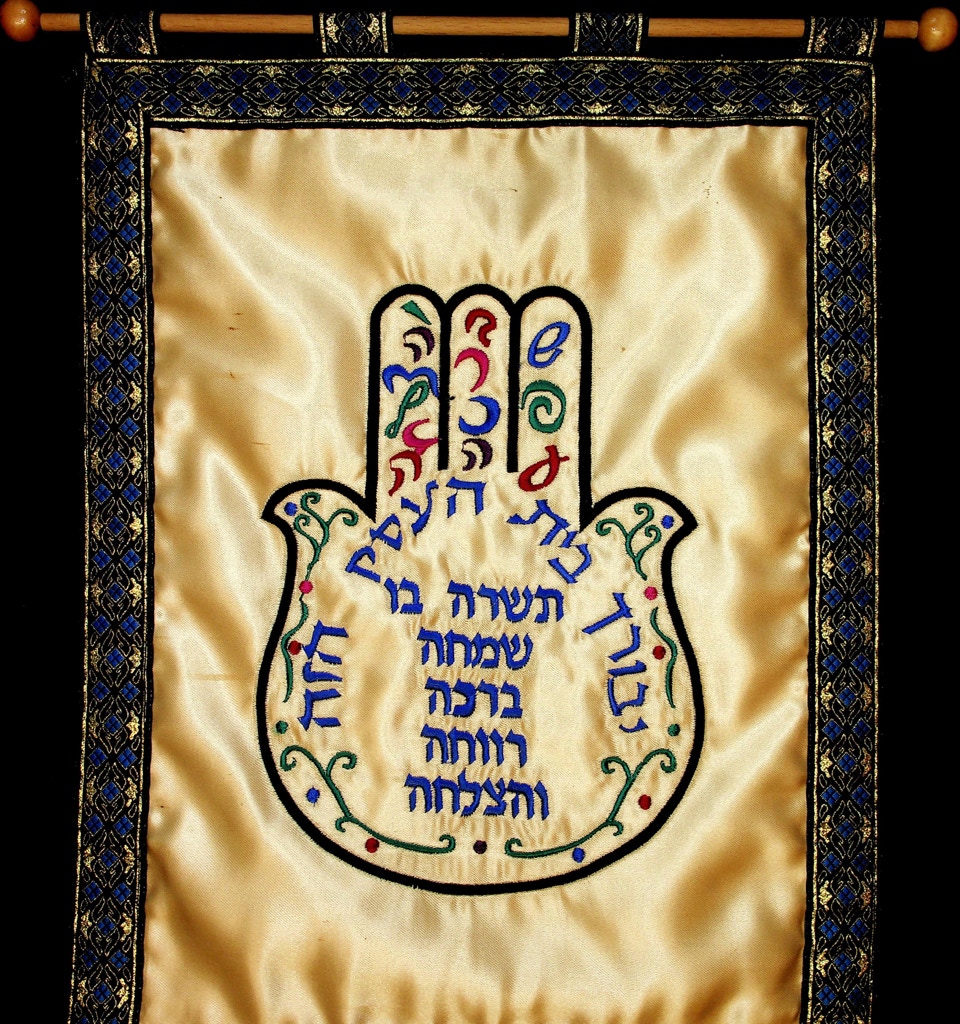
Lorem
יביב בעת ההיא אמר ה' אלי פסל לך הלכה אדם מישראל שקידש אשה מי צריך ליתן שכר כתב קדושין כך שנו חכמים אין כותבין שטרי אירוסין ונשואין אלא מדעת שניהן והחתן נותן שכר וממי למדנו מהקב"ה בשעה שקידש לישראל בסיני דכתיב (שמות יט) ויאמר ה' אל משה לך אל העם וקדשתם היום ומחר ומי כתב השטר הזה משה מנין שנא' (דברים לא) ויכתוב משה את התורה (השירה) הזאת ומה שכר נתן לו הקב"ה זיו הפנים דכתיב (שמות לד) ומשה לא ידע כי קרן עור פניו אימתי בדברו אתו אמר ר"ל בשעה שכתב את התורה נטל משה זיו הפנים כיצד אמר ר"ל התורה שנתנה למשה עורה של אש לבנה וכתובה באש שחורה וחתומה באש ומלופפת באש ועם שכותב קינח את הקולמוס בשערו ומשם נטל זיו הפנים רבי שמואל בר נחמן אמר מן הלוחות נטל משה זיו הפנים עם שנתנו לו הלוחות מכפים לכפים משם נטל זיו הפנים כיון שעשו ישראל אותו מעשה נטלן ושיברן אמר לו הקב"ה כשסדרת לישראל נתתי לך שכרך זיו הפנים ועכשיו שברת את הלוחות, אמר רבי יצחק שנו רבותינו נשברה החבית נשברה לסרסור אמר לו הקב"ה אתה היית סרסור ביני לבין בני אתה שברת אתה מחליף מנין שכך כתיב (שם שמות ל"ד) ויאמר ה' אל משה פסל לך שני לוחות אבנים כראשונים וכתבתי על הלוחות את הדברים אשר היו על הלוחות הראשונים אשר שברת והיה נכון לבקר ועלית בבקר אל הר סיני ונצבת לי שם על ראש ההר ואיש לא יעלה עמך וגם איש אל ירא בכל ההר גם הצאן והבקר אל ירעו אל מול ההר ההוא.
siman 12] Midrash Rabbah Parsha Ekev
12. AT THAT TIME THE LORD SAID UNTO ME: HEW THEE (X, 1). Halachah: When a Jew betroths a woman, who has to pay for the writing of the document of betrothal? Our Rabbis have learnt thus1: Documents of betrothal and marriage2 are written only with the consent of the two parties, and the bridegroom pays the fee. And this we learn from God from His betrothal of Israel at Sinai, as it is written, And the Lord said unto Moses: Go unto the people and betroth3 them to-day and to-morrow (Ex. XIX, 10). And who wrote this document? Moses. Whence do we know this? For it is said, And Moses wrote this law (Deut. XXXI, 9).4 And what reward did God give him? A lustrous countenance, as it is written, That Moses knew not that the skin of his face sent forth beams (Ex. XXXIV, 29). To what time does While He talked with him (ib.) refer?5 Resh Lakish said: When Moses wrote the law {Deut. 81} he acquired a lustrous appearance. How [did this come about]? Resh Lakish said: The scroll that was given to Moses was made of a parchment of white fire,6 and was written upon with black fire and sealed with fire and was swathed with bands of fire, and whilst he was writing it he dried his pen on his hair, and as a result he acquired a lustrous appearance.7 R. Samuel b. Nahman said: Moses acquired a lustrous appearance from the Tables; whilst the Tables were being passed to him from [God's] hands to his own hands he acquired a lustrous appearance. When Israel did that deed of shame [the Golden Calf] he took hold of the Tables and broke them. Whereupon God said to him: ' When you arranged [the Tables] for Israel I gave you as your reward a shining face, and now you have broken them.’ R. Isaac said: Our Rabbis have learnt: When a cask is broken [before delivery to the buyer] it is the middleman who bears the loss.8 God said to Moses: ' You were the intermediary9 between Me and My children; you broke the Tables, and you must replace them.’ Whence this? For so it is written, And the Lord said unto Moses: Hew thee two tables of stone like unto the first; and I will write upon the tables the words that were on the first tables, which thou didst break. And be ready by the morning, and come up in the morning unto the Mount Sinai, and present thyself there to Me on the top of the mount. And no man shall come up with thee, neither let any man be seen throughout all the mount; neither let the flocks nor herds feed before that mount (Ex. XXXIV, 1 ff).

